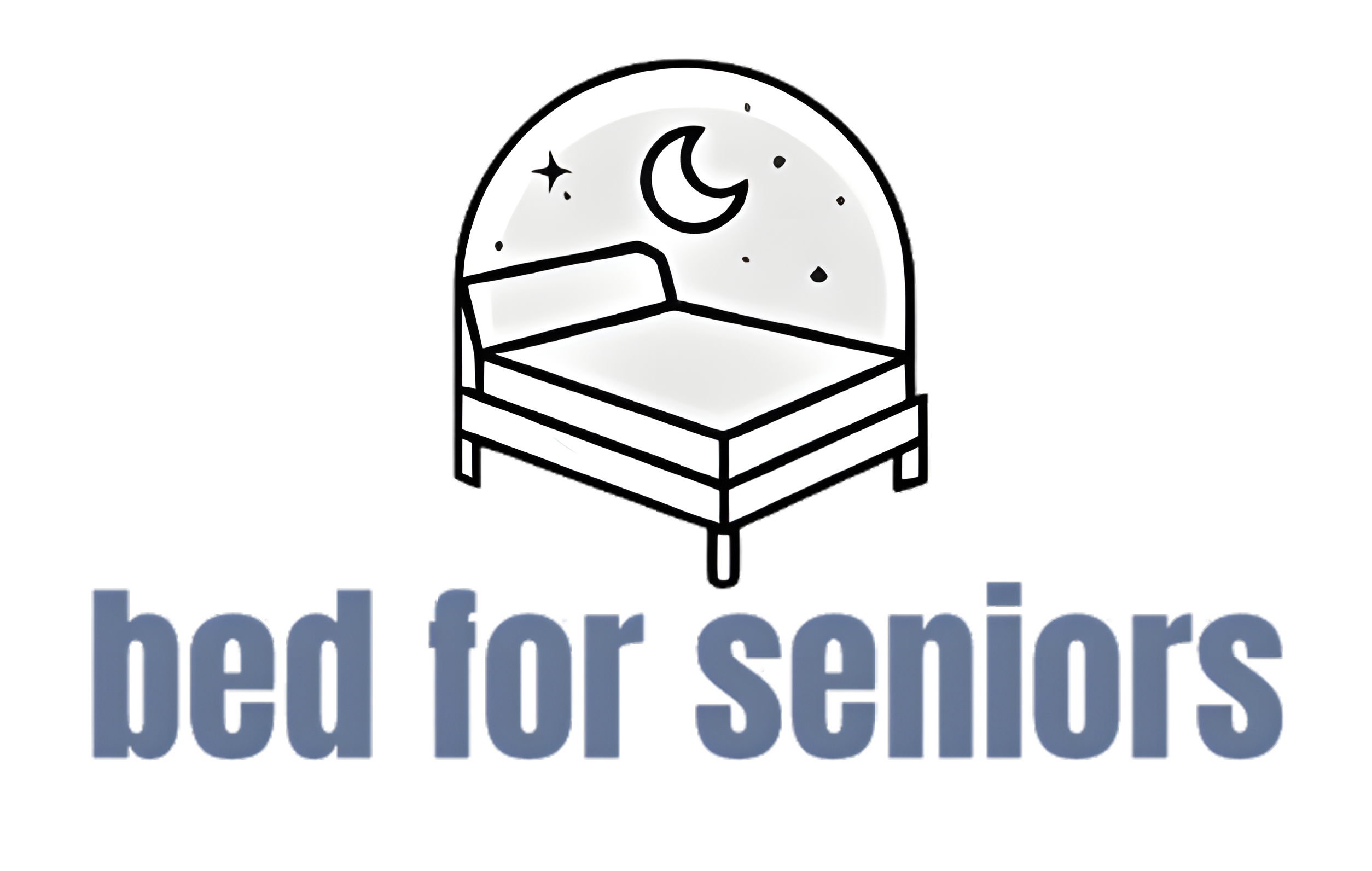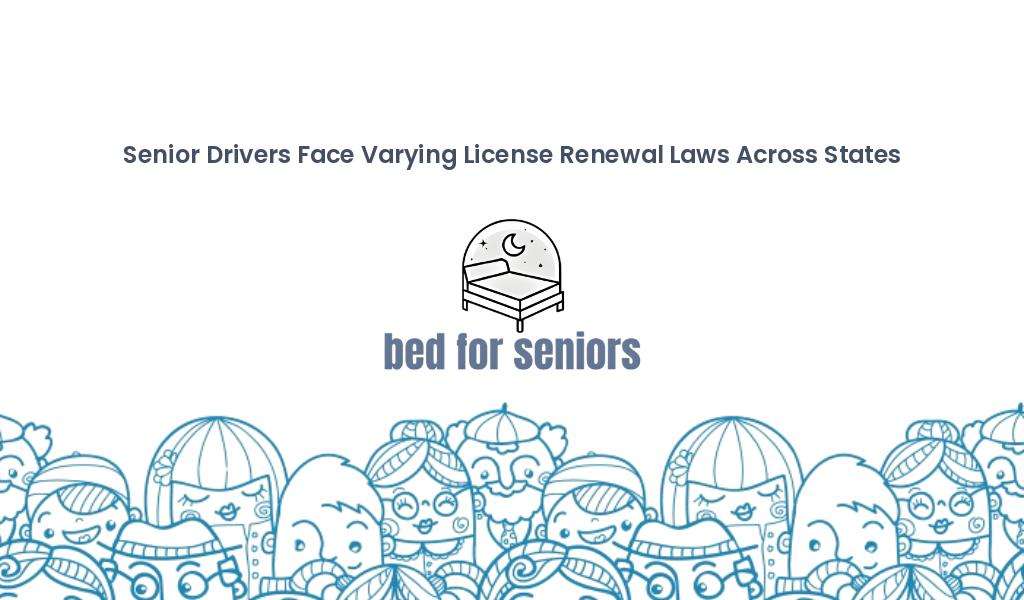Seniors with multiple chronic conditions face daily health challenges. Over 80% of Medicare beneficiaries have two or more chronic illnesses. This guide offers practical strategies for effective condition management.
Learn how to improve your quality of life with these proven tips.
📋✅
- Over 80% of Medicare beneficiaries have two or more chronic illnesses, requiring a personalized care plan that addresses their unique health needs and preferences.
- Regular health assessments every 3-6 months help seniors monitor key health indicators, evaluate medication effectiveness, and coordinate care among specialists.
- An interdisciplinary team approach brings together experts from various fields to provide comprehensive care, with primary care physicians coordinating with specialists to create tailored treatment plans.
- Telemedicine and health monitoring devices allow seniors to manage chronic conditions from home, reducing hospital visits and improving care coordination.
- Patient and caregiver education, along with support groups and resources, empower seniors to make informed decisions about their care and effectively manage multiple chronic conditions.
Strategies for Effective Management

Effective management of multiple chronic conditions requires a personalized approach. Seniors need a care plan that addresses their unique health needs and preferences.
Person-centered care planning
Person-centered care planning prioritizes individual needs, preferences, and goals in managing multiple chronic conditions. This approach integrates patient values with clinical expertise, fostering active participation in healthcare decisions.
The AHRQ’s Care and Learn Model emphasizes this patient-centric strategy, aiming to improve health outcomes and reduce costs associated with fragmented care.
Implementing person-centered care requires collaborative efforts between patients, caregivers, and healthcare providers. Primary care physicians, geriatricians, and specialists work together to create tailored treatment plans that address the unique challenges of multimorbidity.
This coordinated approach helps mitigate medication conflicts, streamline appointments, and enhance overall quality of life for seniors managing complex health issues.
Patient-centered care is the practice of caring for patients (and their families) in ways that are meaningful and valuable to the individual patient. – Institute of Medicine
Regular health assessments
Regular health assessments are crucial for seniors managing multiple chronic conditions. These evaluations provide vital insights into overall health status and help identify potential issues early.
- Schedule comprehensive check-ups every 3-6 months
- Monitor key health indicators like blood pressure, cholesterol, and blood sugar levels
- Assess medication effectiveness and adjust as needed
- Evaluate cognitive function and mental health status
- Screen for age-related conditions such as osteoporosis or vision/hearing loss
- Review nutrition and physical activity habits
- Conduct fall risk assessments
- Update vaccinations and preventive care measures
- Discuss any new symptoms or concerns with healthcare providers
- Coordinate care among specialists for integrated treatment plans
Medication management
Building on regular health assessments, effective medication management is crucial for seniors with multiple chronic conditions. Proper medication use reduces adverse effects and improves overall health outcomes.
A comprehensive medication review by a healthcare provider helps identify potential drug interactions and unnecessary prescriptions. This process, known as deprescribing, can decrease the risk of side effects and medication errors.
Seniors should maintain an up-to-date list of all medications, including over-the-counter drugs and supplements. Pill organizers and medication reminder apps aid in adhering to complex drug regimens.
Pharmacists play a key role in educating patients about proper dosage, timing, and potential side effects of medications. Regular communication with healthcare providers ensures that medication plans align with changing health needs and goals.
Interdisciplinary Team Approach
An interdisciplinary team brings together experts from various fields to manage complex health issues. This approach ensures seniors receive comprehensive care tailored to their unique needs.
Collaboration among healthcare providers
Effective collaboration among healthcare providers is crucial for managing multiple chronic conditions in seniors. A coordinated team approach ensures comprehensive care and better outcomes for patients.
- Primary care physicians coordinate with specialists to create personalized care plans
- Regular team meetings allow providers to share updates on patient progress
- Electronic health records facilitate secure information sharing between providers
- Pharmacists work with doctors to optimize medication regimens and prevent interactions
- Physical therapists and occupational therapists contribute expertise on mobility and daily living
- Mental health professionals address psychological aspects of chronic illness management
- Nutritionists provide dietary guidance tailored to specific health conditions
- Care managers help patients navigate appointments and follow-up care
- Telehealth platforms enable remote consultations between providers and patients
- Standardized communication protocols improve handoffs between care settings
Roles of caregivers in management
Caregivers play a crucial role in managing multiple chronic conditions for seniors. They coordinate medical appointments, administer medications, and monitor symptoms daily. Family members often serve as primary caregivers, providing emotional support and assisting with daily activities.
Professional caregivers, such as home health aides, offer specialized care and respite for family members. Caregivers also act as advocates, communicating with healthcare providers and ensuring person-centered care plans are followed.
Their involvement improves care coordination, reduces hospital readmissions, and enhances the overall quality of life for seniors with complex health needs.
Technology and Chronic Condition Management
Technology helps seniors manage chronic conditions from home. Smart devices track health data and connect patients with doctors remotely.
Use of telemedicine
Telemedicine offers seniors convenient access to healthcare from home. Virtual consultations with doctors allow for regular check-ups and medication adjustments without travel. Remote monitoring devices track vital signs, enabling early detection of health issues.
Telemedicine improves care coordination for seniors with multiple chronic conditions. It reduces hospital visits and enhances medication adherence through digital reminders and follow-ups.
Health monitoring devices
Health monitoring devices empower seniors to track vital signs at home. These tools include blood pressure monitors, glucose meters, and wearable fitness trackers. Smart devices can transmit data directly to healthcare providers, enabling real-time monitoring and early intervention.
Seniors benefit from increased independence and reduced hospital visits through regular use of these technologies.
Lifestyle Adjustments for Seniors
Seniors can improve their health through simple changes. Diet and exercise play key roles in managing chronic conditions.
Diet and nutrition
Proper nutrition plays a crucial role in managing multiple chronic conditions for seniors. A balanced diet rich in fruits, vegetables, whole grains, and lean proteins supports overall health and helps control symptoms.
Specific dietary needs vary based on individual conditions, such as low-sodium diets for hypertension or carbohydrate monitoring for diabetes. Adequate hydration is essential, especially for those with kidney issues or taking certain medications.
Nutritional requirements change with age, affecting seniors’ ability to manage chronic conditions effectively. Reduced appetite, altered taste perception, and medication interactions can impact nutrient absorption.
Consulting a registered dietitian helps create personalized meal plans that address these challenges while meeting specific health needs. Regular nutritional assessments ensure dietary strategies remain effective as health status evolves.
Understanding the Unique Nutritional Needs of Older Adults
Older adults require specific nutritional focus due to physiological changes and health conditions. Seniors need fewer calories but more nutrients, especially calcium, vitamin D, and vitamin B12.
A balanced diet rich in fruits, vegetables, lean proteins, and whole grains supports bone health, muscle maintenance, and cognitive function. Adequate hydration is crucial, as thirst perception often decreases with age.
Nutritional supplements may be necessary to address deficiencies common in older adults, such as iron or vitamin B12.
Dietary needs vary based on individual health status and medications. Seniors with multiple chronic conditions (MCC) face unique challenges in maintaining proper nutrition. For example, those with heart disease may need to limit sodium intake, while diabetics must monitor carbohydrate consumption.
Regular nutritional assessments by healthcare providers help tailor diets to specific health needs and medication interactions.
Physical activity tailored to ability
Proper nutrition supports physical activity for seniors with chronic conditions. Exercise programs must be customized to each individual’s capabilities and health status. Seniors benefit from regular, moderate physical activity tailored to their abilities.
Low-impact exercises like walking, swimming, or chair yoga improve strength, balance, and flexibility. A physiotherapist can design safe, effective routines accounting for limitations from arthritis, heart disease, or other conditions.
Even small increases in daily movement enhance mobility, reduce fall risk, and boost overall wellness for older adults managing multiple health issues.
Stress management techniques
Physical activity and stress management go hand in hand for seniors managing multiple chronic conditions. Effective stress reduction techniques can significantly improve overall health and quality of life.
Mindfulness meditation proves beneficial, with studies showing a 25% decrease in stress levels among older adults who practice regularly. Deep breathing exercises, progressive muscle relaxation, and guided imagery offer quick, accessible ways to lower cortisol levels.
Engaging in hobbies or creative activities like painting, gardening, or music can reduce anxiety by up to 30%. Social connections play a crucial role, with group activities or volunteer work boosting mood and reducing feelings of isolation.
For seniors with limited mobility, chair yoga or gentle stretching routines can provide both physical and mental benefits. These stress management strategies complement a comprehensive care plan for managing multiple chronic conditions.
Education and Support
Education empowers seniors to manage their chronic conditions. Support groups offer valuable insights and emotional help.
Patient and caregiver education
Patient and caregiver education forms a crucial part of managing multiple chronic conditions in seniors. Effective education programs equip patients and their caregivers with essential knowledge about diseases, treatment options, and self-care strategies.
These programs often cover topics like medication management, symptom recognition, and lifestyle modifications. The Agency for Healthcare Research and Quality emphasizes the importance of tailored education that addresses the specific needs of older adults with complex health conditions.
Caregivers play a vital role in supporting seniors with multiple chronic conditions. Educational initiatives for caregivers focus on practical skills such as assisting with daily activities, monitoring health status, and communicating with healthcare providers.
Support groups and resources offer emotional support and practical advice for caregivers dealing with the challenges of managing complex health situations. The AHRQ Multiple Chronic Conditions Summit 2020 highlighted the need for comprehensive caregiver education to improve health outcomes for seniors.
Support group and resources
Support groups offer seniors valuable emotional and practical assistance for managing multiple chronic conditions. These groups connect individuals facing similar health challenges, fostering a sense of community and shared experience.
Resources like online forums, local meetups, and disease-specific organizations provide information on symptom management, treatment options, and coping strategies. Many healthcare systems and community centers offer free or low-cost support programs tailored to seniors with chronic illnesses.
Access to reliable health information empowers seniors to make informed decisions about their care. Reputable websites, such as the National Institute on Aging, offer comprehensive guides on managing chronic conditions in older adults.
Libraries and senior centers often provide health literacy workshops and educational materials. These resources help seniors navigate complex health systems, understand their conditions, and effectively communicate with healthcare providers.
Conclusion
Effective management of multiple chronic conditions demands a holistic approach. Seniors benefit from personalized care plans and regular health assessments. Collaboration among healthcare providers ensures comprehensive treatment.
Technology like telemedicine and health monitors enhance care quality. Patient education and support groups empower seniors to take control of their health. With these strategies, seniors can improve their quality of life and manage their conditions effectively.
For more detailed insights into tailoring diet plans for seniors, visit Understanding the Unique Nutritional Needs of Older Adults.
FAQs
1. How can seniors manage multiple chronic conditions?
Seniors can manage chronic conditions through regular check-ups, medication management, and lifestyle changes. A primary care provider can help create a personalized care plan. Community health workers offer support for daily health needs.
2. What role does mental health play in managing chronic conditions?
Mental health is crucial. Depression often co-occurs with chronic health conditions. Addressing mental health improves overall well-being and helps manage physical symptoms. Seek help from health care providers for both physical and mental health concerns.
3. How can family caregivers support seniors with multiple chronic conditions?
Family caregivers play a vital role. They can assist with medication management, attend doctor appointments, and help with daily tasks. Caregivers should also encourage healthy habits and provide emotional support.
4. What are social determinants of health and how do they affect chronic condition management?
Social determinants of health include factors like income, education, and housing. These impact access to healthcare and ability to manage chronic conditions. Addressing these factors can improve health outcomes and reduce health inequities.
5. How can technology help seniors manage chronic conditions?
Health information technology aids in managing chronic conditions. Electronic health records improve communication between healthcare providers. Telemedicine allows for remote consultations. Health apps can track symptoms and medication schedules.
6. What is the importance of shared decision making in managing chronic conditions?
Shared decision making involves patients and doctors working together. It ensures care plans align with patient values and preferences. This approach improves treatment adherence and overall health outcomes for seniors with multiple chronic conditions.









